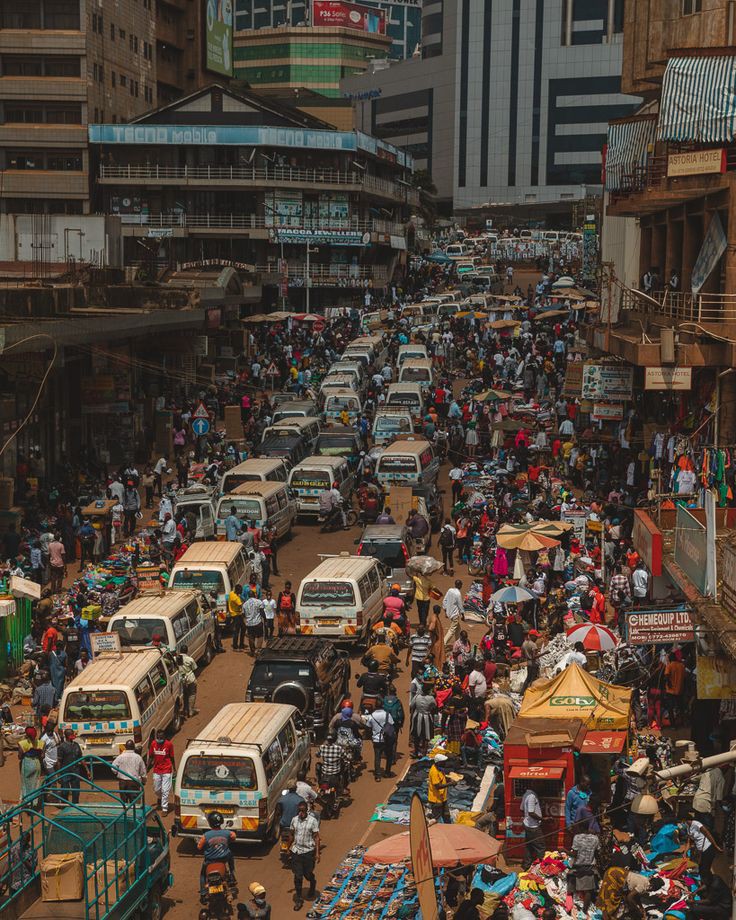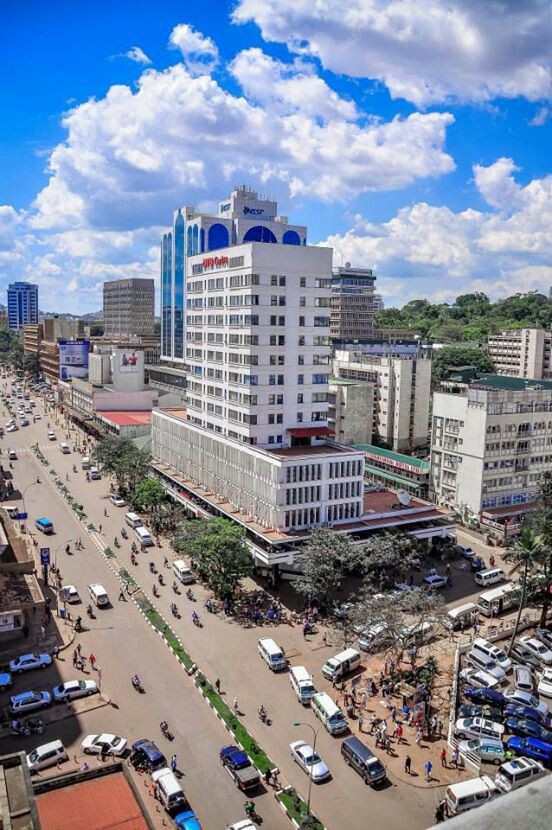
Uganda is a landlocked country in East Africa that has a population of about 45.8 million people. Uganda has a history of political instability, civil war, and human rights violations, but also of economic growth, social development, and regional peacekeeping. Uganda is often classified as a third world country, a term that refers to countries that are poor, underdeveloped, and dependent on foreign aid. However, Uganda has also made significant progress in various aspects of its development, such as poverty reduction, health, education, and governance. In this article, we will examine some of the achievements and challenges that Uganda faces in its quest to move away from third world country status.

One of the main indicators of development is the level of income and poverty. According to the World Bank, Uganda's gross domestic product (GDP) per capita was $794 in 2020, which is below the average of $1,631 for sub-Saharan Africa. However, Uganda's GDP per capita has increased by more than four times since 1990, when it was $186. Uganda has also reduced its poverty rate from 56.4% in 1992 to 21.4% in 2016, according to the national poverty line. However, the poverty rate increased to 23.5% in 2019 due to the impact of climate shocks, insecurity, and the COVID-19 pandemic. Uganda still faces high levels of inequality, vulnerability, and multidimensional poverty, which affect the quality of life and well-being of its people.
Another important indicator of development is the level of health and education. According to the World Health Organization, Uganda's life expectancy at birth was 63.4 years in 2019, which is higher than the average of 61.2 years for sub-Saharan Africa. Uganda has also improved its maternal and child health outcomes, such as reducing the maternal mortality ratio from 687 deaths per 100,000 live births in 1990 to 343 in 2019, and the under-five mortality rate from 178 deaths per 1,000 live births in 1990 to 46 in 2019. However, Uganda still faces major challenges in its health system, such as inadequate funding, human resources, infrastructure, and service delivery, as well as high burdens of communicable and non-communicable diseases, malnutrition, and maternal and neonatal complications. Uganda also has one of the highest rates of HIV prevalence in the world, at 5.7% in 2019.

According to the United Nations Educational, Scientific and Cultural Organization, Uganda's adult literacy rate was 76.5% in 2018, which is higher than the average of 65.4% for sub-Saharan Africa. Uganda has also achieved universal primary education, with a net enrollment rate of 94.8% in 2019, and increased access to secondary and tertiary education, with gross enrollment rates of 28.2% and 10.2% in 2019, respectively. However, Uganda still faces low levels of quality, equity, and relevance in its education system, such as high dropout rates, low learning outcomes, gender disparities, and skills gaps. Uganda also has one of the youngest and fastest-growing populations in the world, with a median age of 15.9 years and a population growth rate of 3.3% in 2020, which poses a challenge for providing adequate and inclusive education and employment opportunities for its youth.
A third indicator of development is the level of governance and democracy. According to the World Bank, Uganda's score on the Worldwide Governance Indicators, which measure the quality of governance across six dimensions, such as voice and accountability, political stability and absence of violence, and rule of law, was -0.36 in 2019, which is lower than the average of -0.28 for sub-Saharan Africa. Uganda has been ruled by President Yoweri Museveni since 1986, when he came to power after a guerrilla war. He has been re-elected six times, most recently in 2021, amid allegations of fraud, violence, and repression of the opposition and the media. Uganda has also been involved in several conflicts and interventions in the region, such as in the Democratic Republic of Congo, South Sudan, and Somalia. Uganda still faces issues of corruption, human rights violations, insecurity, and social unrest, which undermine its stability and development.

In conclusion, Uganda is a country that has made remarkable progress in its development, but also faces significant challenges and risks. Uganda is not yet moving away from third world country status, but it has the potential and the opportunity to do so, if it can address its structural and systemic constraints, and harness its human and natural resources, for inclusive and sustainable growth and transformation.

















